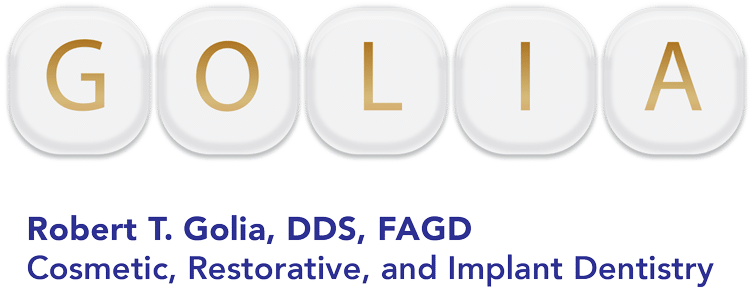
We rely on the immune system to protect us from infectious diseases and, for the most part, it does a good job of it. Sometimes, though, the immune system goes into overdrive and begins attacking the body itself. This is called an autoimmune disease. There are many types of autoimmune diseases, each affecting different parts of the body and causing different symptoms. Some autoimmune diseases impact oral health too. Here are the issues autoimmune diseases can cause in your teeth, gums, and jaw:
Gingivitis and Gum Disease
Inflammation in the gums is linked to several different autoimmune disorders, including lupus, Crohn’s disease, and scleroderma, among others. Gingivitis is a condition in which gums are inflamed and red; it’s a precursor to gum disease. As gum disease (also known as periodontitis) progresses, patients can experience tenderness and bleeding, bad breath, discharge from the gums, and teeth that shift, feel loose, or even fall out. Gum disease is an infection and since many treatments for autoimmune disease suppress the immune system, it can both leave you more vulnerable to getting gum disease and also make it harder for your body to fight the infection.
An interesting side note: there is some research that suggests patients with plaque and gum disease may be at higher risk of developing autoimmune disease in the future. As we learn more about more and the connection between the mouth and the rest of the body, it’s a good reminder just how important it is to take care of our oral health.
Dry Mouth
One cause of dry mouth could be the medications you take. For patients with Sjögren’s syndrome, the second most common autoimmune disease, the body attacks the salivary glands, causing a decrease in saliva. Sjögren’s syndrome also causes dryness of the eyes and other tissues of the body, but the symptoms in the mouth can be particularly distressing, causing trouble swallowing, eating, speaking, and tasting. Dry mouth can also increase the risk of cavities because saliva dilutes and washes away bacteria and food debris throughout the day, so without it, plaque is more likely to form.
Temporomandibular Joint Pain
When an autoimmune disease attacks the joints, like in rheumatoid arthritis and scleroderma, the temporomandibular joint may be affected. This can cause TMJ disorder, also known as TMD. The TMJ acts as a hinge that allows the jaw to open and close; when this joint is compromised, it can cause headaches, pain when eating, and popping and clicking noises.
Oral Ulcers
Lupus, Crohn’s disease, and other autoimmune diseases may also cause oral ulcers during flares. Ulcers can appear on the cheeks, tongue, and the insides of the lips. You may have only a few sores or dozens. Sometimes, these oral ulcers are one of the first symptoms patients experience of an autoimmune disease.
Learn More About Autoimmune Disease and Dental Health
If you have an autoimmune disease, it’s important to get the dental care you need. To schedule an appointment with Dr. Golia, contact us at 203-248-7400.

